Monster Energy
Summary
Monster Energy is portrayed as a go-to beverage for quick mood enhancement, with one speaker relying on it to avoid 'biting somebody's head off.' However, the brand is also linked to reckless behavior, such as a rant comparing it to heroin and Coke, suggesting toxic associations. A former warehouse worker mentions getting in trouble for drinking Monster, implying workplace misuse. Conversely, positive mentions include nostalgic uses like collecting can tabs for crafts. The brand's presence in subcultures, such as diesel truck events, highlights its cultural reach, but these references are often tied to negative stereotypes or excessive consumption.
Source Analysis
TikTok and podcast discussions dominate, with TikTok clips focusing on personal anecdotes (e.g., mood swings, workplace trouble) and podcasts linking Monster to subcultural activities (e.g., diesel events). The ITUNES podcast mentions it in a neutral, cultural context, while the HOLOSKY PODCAST segment highlights workplace misuse. Critical discussions about health and behavior are concentrated in informal, conversational formats.
Trending Topics
Health risks of energy drinks, workplace misconduct, subcultural consumption, and comparisons to illegal drugs
Why These Topics Are Trending
The segments emphasize Monster Energy's role in triggering reckless behavior, its association with drug-like comparisons, and its presence in niche communities. Workplace issues and health concerns are recurring themes, reflecting broader societal skepticism about energy drink culture.
Sentiment Breakdown:
Detailed breakdown of public sentiment and conversations about this company.
Competitor Benchmark
See how this entity compares to competitors across key metrics.

